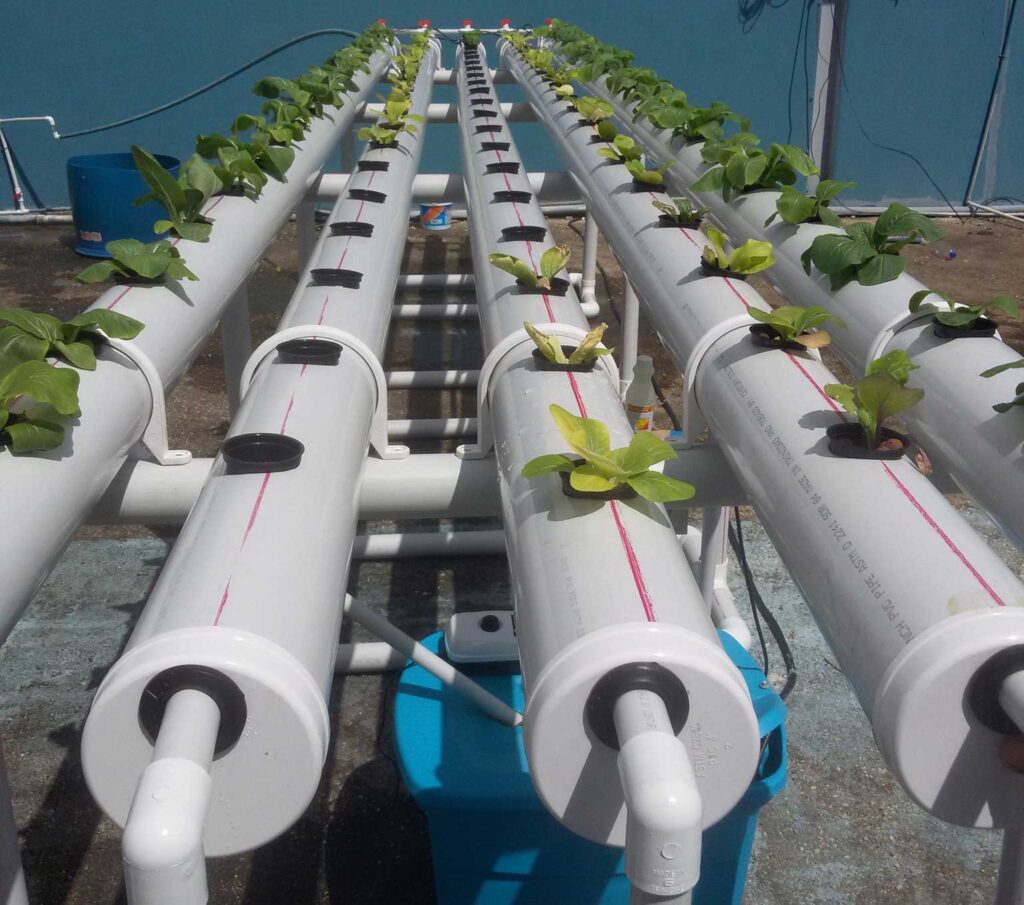A Brief History Of 4-H
Cultivating Youth Leadership and Agriculture

The 4-H program in Trinidad and Tobago has a rich history dating back to the mid-20th century, when it was introduced to the twin-island nation. 4-H, which stands for “Head, Heart, Hands, and Health,” is a global youth development organization that aims to empower young people with essential life skills and knowledge through hands-on learning experiences. In Trinidad and Tobago, this movement has played a pivotal role in fostering agricultural education and leadership among youth.
1950s-1960s: Introduction and Early Growth
The 4-H program was first introduced to Trinidad and Tobago in the late 1950s, during a period when the country was seeking to modernize and diversify its agricultural sector. The initiative received support from the Trinidad and Tobago Government and was initially administered by the Ministry of Agriculture, Land, and Fisheries. It aimed to engage young people in rural communities in agricultural activities and teach them valuable skills in farming, animal husbandry, and home economics.
1970s-1980s: Expansion and Diversification
During the 1970s and 1980s, the 4-H program experienced significant growth and diversification. It expanded beyond its agricultural roots to encompass a wider range of life skills and leadership development activities. This expansion allowed 4-H to engage a more diverse group of young people, both in rural and urban areas.
1990s-Present: Focus on Leadership and Civic Engagement
In the 1990s, 4-H in Trinidad and Tobago placed a greater emphasis on leadership and civic engagement. The program began offering workshops and activities that encouraged young people to take on leadership roles, participate in community service projects, and become responsible citizens.

Recent Initiatives: Modernization and Technology
In recent years, the 4-H program in Trinidad and Tobago has adapted to the changing times by incorporating modern technology and digital skills into its curriculum. This includes teaching youth about agribusiness, sustainable farming practices, and the use of technology in agriculture. These efforts have helped to make 4-H relevant to the evolving needs of young people in the country.
Today, 4-H clubs can be found throughout Trinidad and Tobago, operating in schools, community centers, and agricultural institutions. These clubs continue to provide young people with valuable skills, leadership opportunities, and a deep appreciation for agriculture and rural development.
In summary, the history of 4-H in Trinidad and Tobago reflects its evolution from a primarily agricultural-focused program to a comprehensive youth development initiative. Over the years, it has empowered countless young Trinbagonians with the skills and knowledge they need to contribute to their communities and the nation’s agricultural sector, ensuring a brighter and more sustainable future for all.


